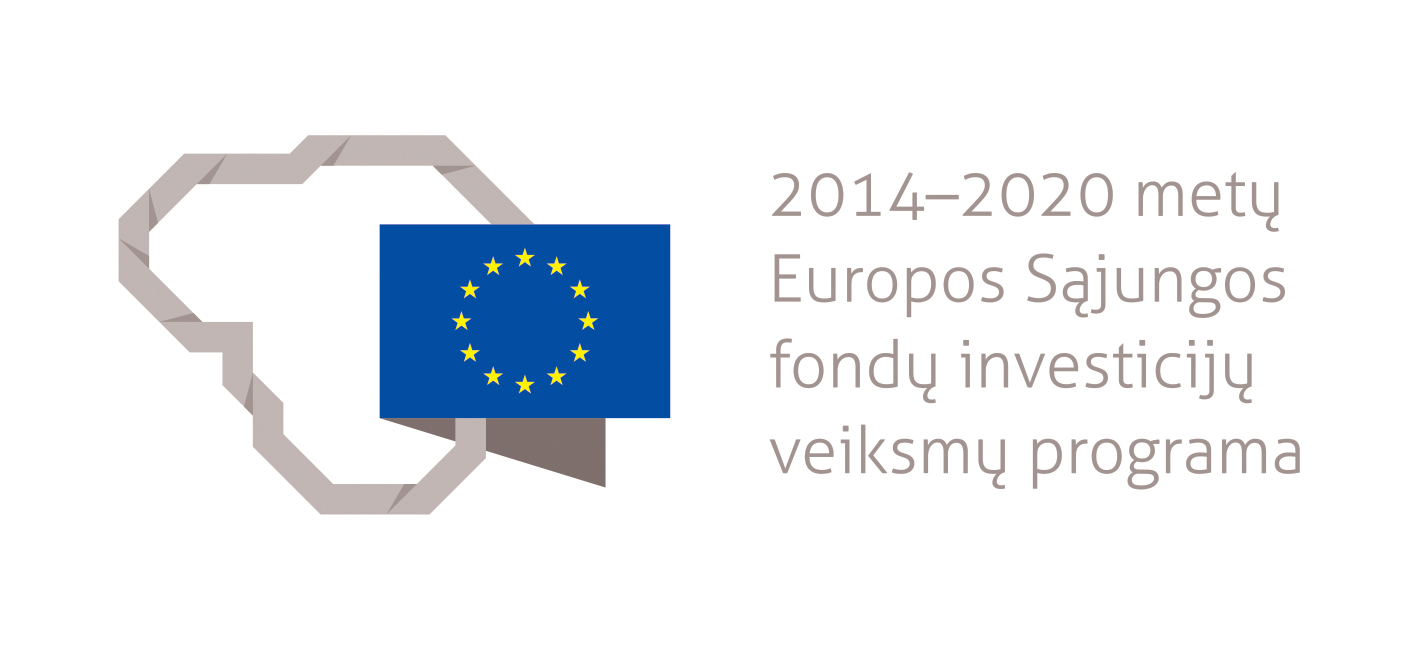D. Stumbrienė, R. Želvys, J. Žilinskas, R. Dukynaitė, A. Jakaitienė
Socio-Economic Planning Sciences. 101293
DOI: doi.org/10.1016/j.seps.2022.101293
Abstract. Inclusive and equitable quality education is at the top of the agenda of education authorities worldwide. However, frontier-based efficiency studies involving cross-country comparisons of education systems in terms of educational equity are still incipient. This paper elaborates on the concepts of efficiency and effectiveness from the perspective of inclusion and fairness to propose a conceptual framework for education systems. According to the proposed framework, the education system of a country could be optimal, selective, excessive, or deprived. We employed the framework for 26 European countries to illustrate its applicability. The Data Envelopment Analysis approach based on a directional distance function model with both desirable and undesirable outputs was used to measure effectiveness and efficiency. The comparison amongst education systems is based on all key-stages of education: early childhood, primary, lower secondary, upper secondary, and tertiary education. The empirical results indicate that European countries do not follow the common policy framework for ensuring inclusion and fairness in their education systems as well as within the country between key-stages. Furthermore, we demonstrate that economic categories such as effectiveness and efficiency have different connotations when applied to education and should be interpreted taking into account the peculiarities of national education systems.




